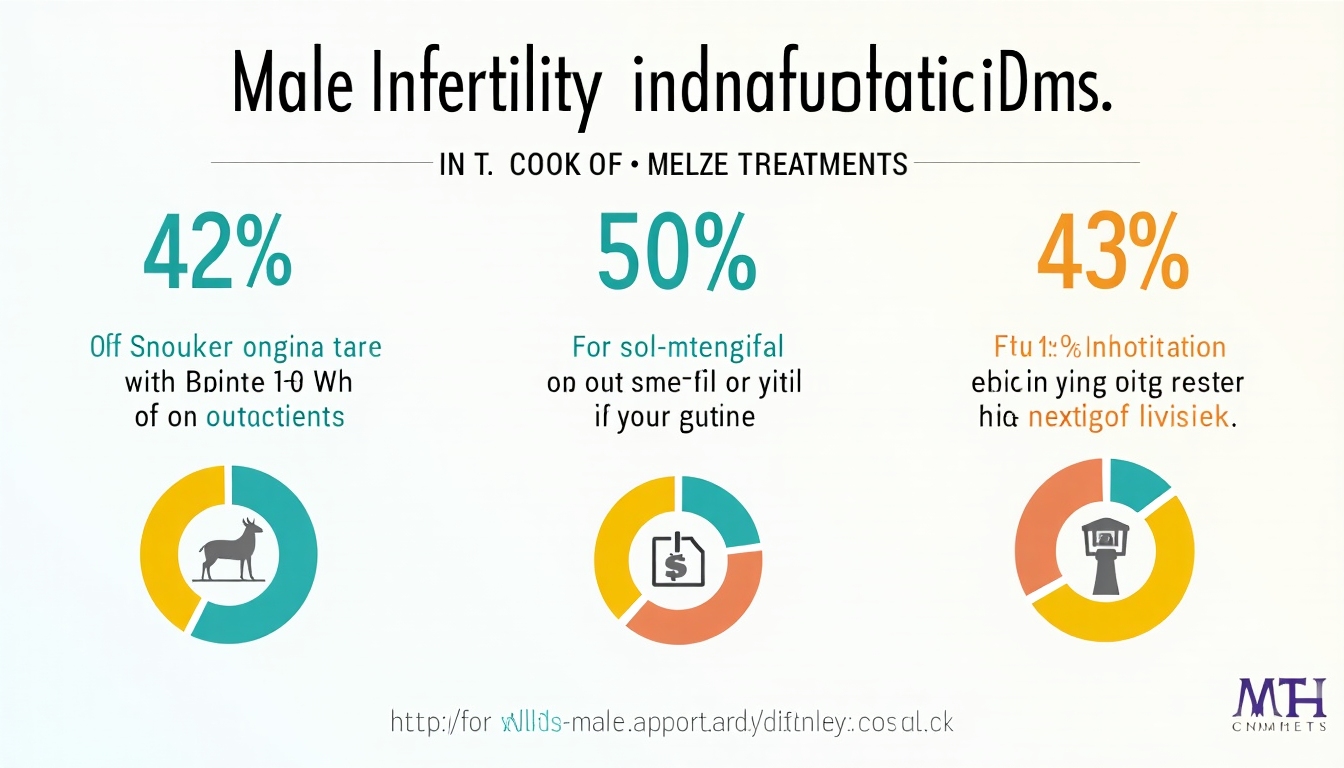Reproductive Endocrinologist and Male Infertility: A Deep Dive
Nov. 29, 2024, 3:23 a.m.
Understanding Male Infertility and Reproductive Endocrinologists
Male infertility is a common but often overlooked issue. In many fertility cases, a reproductive endocrinologist for male infertility plays a pivotal role in diagnosing and treating the problem. These specialists focus on hormonal issues affecting male fertility, helping couples achieve their dream of parenthood.

The Essential Role of Reproductive Endocrinologists
Reproductive endocrinologists are medical experts who manage hormonal disorders affecting fertility. They assess both male and female patients, but their work is especially vital for men dealing with infertility, providing comprehensive fertility treatment plans tailored to individual needs.
What Does a Reproductive Endocrinologist Do?
- Diagnose and Evaluate: They explore various causes of male infertility, including hormonal imbalances and genetic factors.
- Personalized Treatment Plans: Treatments may involve medications, lifestyle changes, or advanced reproductive technologies (ART).
- Collaborative Approach: Working alongside urologists or andrologists, they ensure all aspects of male reproductive health are addressed.

Signs and Symptoms: When to See a Specialist
Identifying when to consult a reproductive endocrinologist for male infertility can be challenging. Common signs that may prompt a visit include:
- Trouble achieving pregnancy despite regular unprotected intercourse
- History of testicular or prostate problems
- Erectile or ejaculatory issues
- Low sperm count diagnosed previously
Did You Know?
Approximately 15% of couples are unable to conceive, with male infertility accounting for nearly half of these cases. Addressing these issues early with expert care can significantly improve outcomes.

Treatment Options for Male Infertility
The journey of tackling infertility often involves several fertility treatment options, each tailored to address specific issues:
- Hormonal Therapy: Corrective treatments to balance hormones like testosterone.
- Assisted Reproductive Techniques (ART): Methods like IVF and ICSI that assist sperm in fertilization.
- Surgery: Procedures to remove blockages or repair defective regions in the male reproductive system.
Real Patient Perspective
John, a 35-year-old patient, shared his journey: “Seeing a reproductive endocrinologist was life-changing. Initially, I felt overwhelmed by our inability to conceive. But the personalized care and clear treatment plan gave us hope, overcoming hurdles we thought were insurmountable.”

Conclusion and Path Forward
Embarking on the fertility journey requires support, understanding, and expert guidance. Reproductive endocrinologists provide vital assistance in diagnosing and treating male infertility. Seeking their expertise can pave the way for successful conception and family growth.
When stepping into your fertility journey, keep these insightful aspects in mind and consult professionals early for the best outcomes.